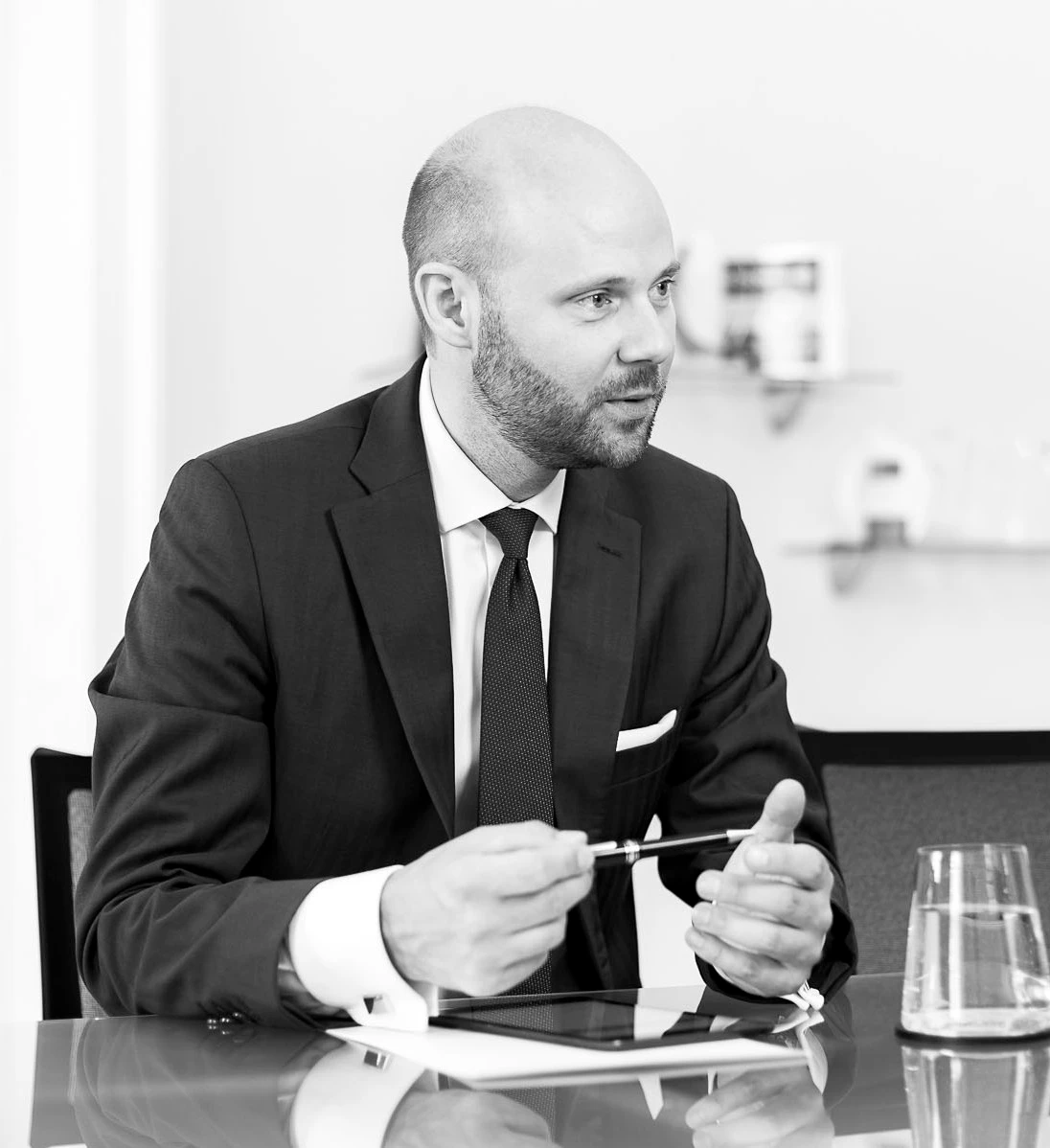What had happened?
The testator, who died in 2018, left several testamentary dispositions. In a handwritten will from 1978 in conjunction with a supplement from 2001, he declared his wife (who died in 2010) to be his sole heir. In the event of the wife’s predecease, he appoints his brother-in-law (first applicant) as sole substitute heir. In 2018, the testator signs a will revoking all previous dispositions and appointing the second to tenth applicants as heirs in equal shares. The said handwritten will is recorded as a draft will on the same date by a notary public during a home visit to the testator and consists of two loose computer-written pages.
The last paragraph on the back of the first page reads:
“The foregoing will, which was read to me in the simultaneous and uninterrupted presence of the three requested witnesses to the will […], I have executed in accordance with my last will and testament acknow-”
On the second page, the text continues as follows:
“ledged and then signed by my own hand before them and with their co-authorship.”
This is followed by the place and date and the signature of the testator and the three required witnesses to the will, along with a handwritten witness statement. After the signature, the two loose pages of the original will are later sewn together in the notary’s office with a so-called “contract string” and the end of the string is marked with an adhesive vignette – but without the notary’s stamp.
In the ensuing inheritance dispute, the lower courts established the inheritance rights of the second to tenth plaintiffs to one ninth each and rejected the first plaintiff’s declaration of acceptance of the inheritance. The first and second instance courts denied the external unity of the deed but affirmed its internal unity, since in the case of a continuous text there was a sufficiently close connection in terms of content.
The first applicant filed an appeal with the Supreme Court (Oberster Gerichtshof, OGH) and requested that his right to inherit be established and that the declarations of acceptance of the other applicants be rejected. The second to tenth applicants, on the other hand, requested that the appeal be dismissed or that it be rejected.
What did the Supreme Court decide?
In this regard, the Supreme Court stated that previous case law requires either the existence of an external or an internal unity of the deed for the affirmation of the formal validity of a will drawn up by third party and consisting of several pages. An external connection exists only if the external unity of the deed was established either before the signature was executed or during the testamentary process by binding the individual components of the deed (i.e., the loose pages) so tightly together that the deed can be detached only by destruction or damage (e.g., binding or sewing the parts of the deed). For the internal unity of the deed, according to case law, in addition to the continuation of the text, a note – signed by the testator – on the supplementary page with reference to his testamentary disposition is required.
However, since the criterion of “continuation of the text” has never been the main ground for deciding on the formal validity of the will in the previous decisions of the Supreme Court, the case in question has now been taken as an occasion to re-examine the case law in this regard. The Supreme Court came to the conclusion that the mere continuation of the text in a computer-written testamentary disposition by a third party is not sufficient to establish an inner unity of the deed. This was justified in particular by the lack of protection against forgery in the case of computer-written wills. Furthermore, the validity of the will would also depend on the coincidence of whether the first loose page concluded with a complete sentence or whether a sentence continued over the subsequent loose pages.
The appeal of the first applicant was therefore allowed and his right of inheritance of the entire estate was established on the basis of the will of 1978 and its supplement of 2001.
(Decision OGH 2 Ob 29/22m of 26.04.2022)
I will be happy to advise you in matters of inheritance law and support you in enforcing or defending claims.


